It is contradictory: Bebis Stergiou was a legend and is relatively unknown. He was legendary for his bouzouki playing in the 1950s and the 1960s; he is largely unknown because he is mostly absent from the discography.
He seems to have recorded fewer than 10 sides during his career, apparently showing a disdain for recording by saying that if people wanted to hear him, they could come to the clubs.
Stergiou was an anomaly in other ways, too. He was born in 1927 into a well-to-do family and his father was a musician in the orchestra of the Municipal Theater of Piraeus. Stergiou himself studied classical and Byzantine music at the Conservatory of Piraeus.
But he was won over by the bouzouki and other stringed “folk” instruments like the guitar, and he turned to playing bouzouki as one way to help support his family after his father drowned in 1940.
By the late 1940s, he had established himself as a regular, welcome presence on bandstands in Piraeus and Athens. He became friends with Manolis Chiotis, today acknowledged as the greatest bouzouki virtuoso. But Chiotis is quoted as saying that while he played the bouzouki as fast as he could, Stergiou played as fast as he wanted to, which is high praise.
Stergiou went to the U.S. in 1958, where he played and recorded. It was also reported his problems with alcoholism began in the states. He was back in Greece in 1965 in poor health and unable to play as well as he once did. When he died in 1972, he was only 45 years old.
A conversation with death, written in the 1930s by Panagiotis Tountas, is one of several pieces by Stergiou included on the two volumes of Greek Town USA, recorded in the U.S. in the early 1960s. As well as playing bouzouki, he is also the singer.
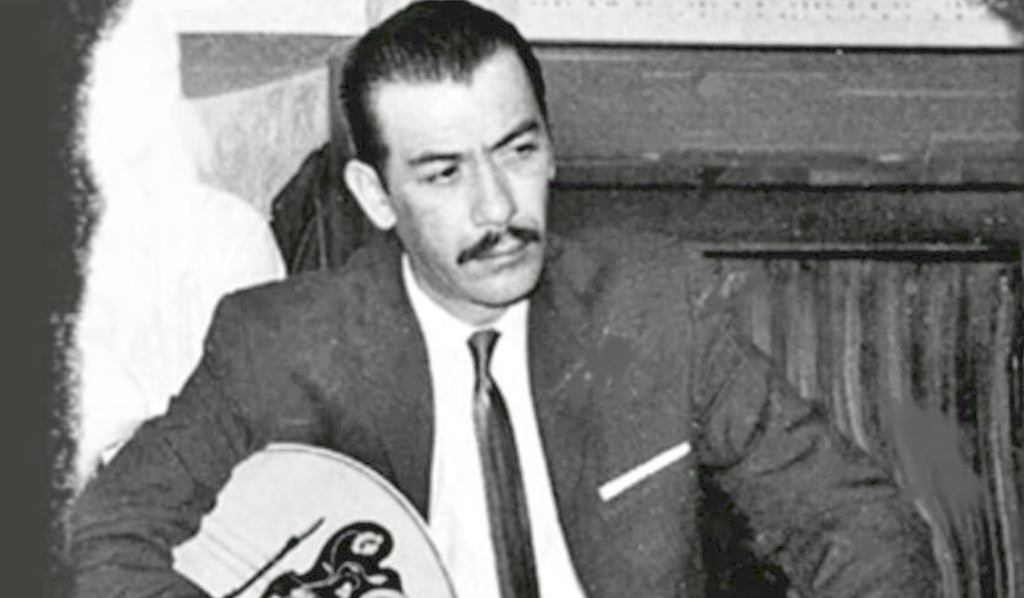
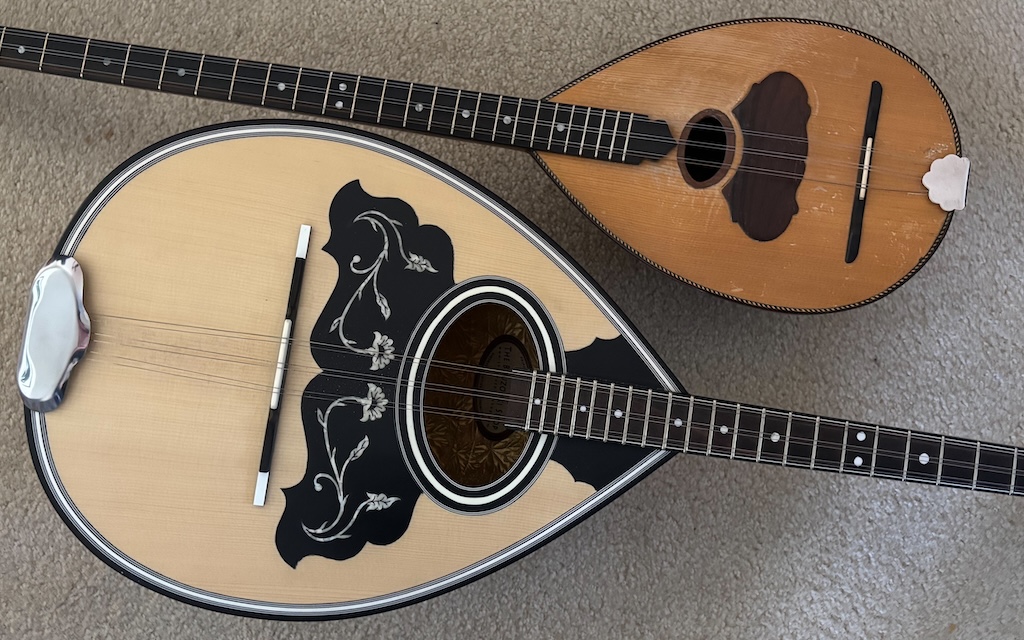
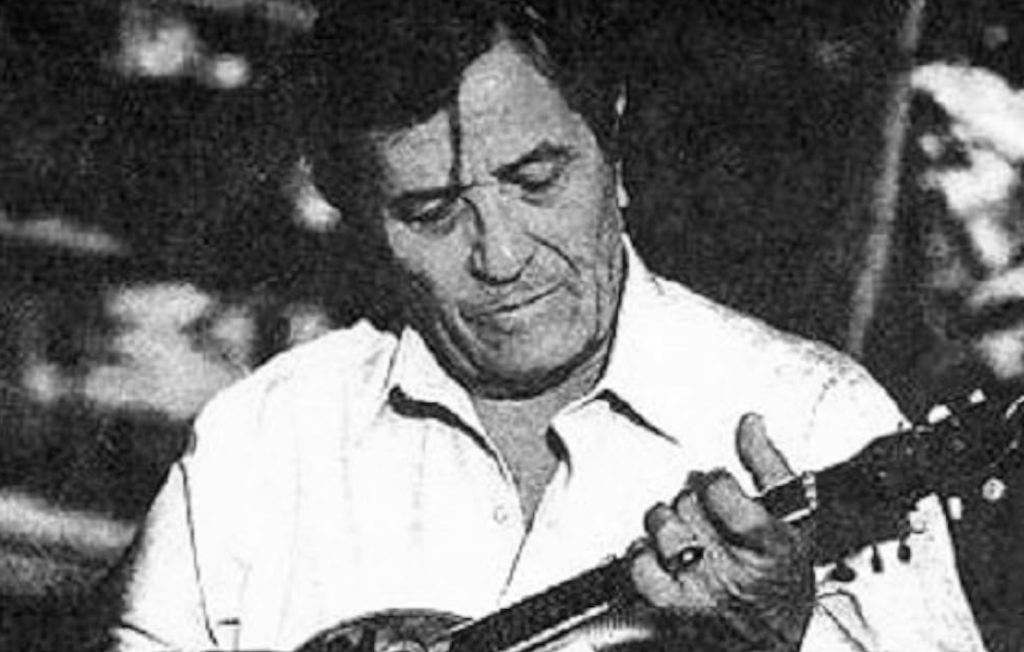
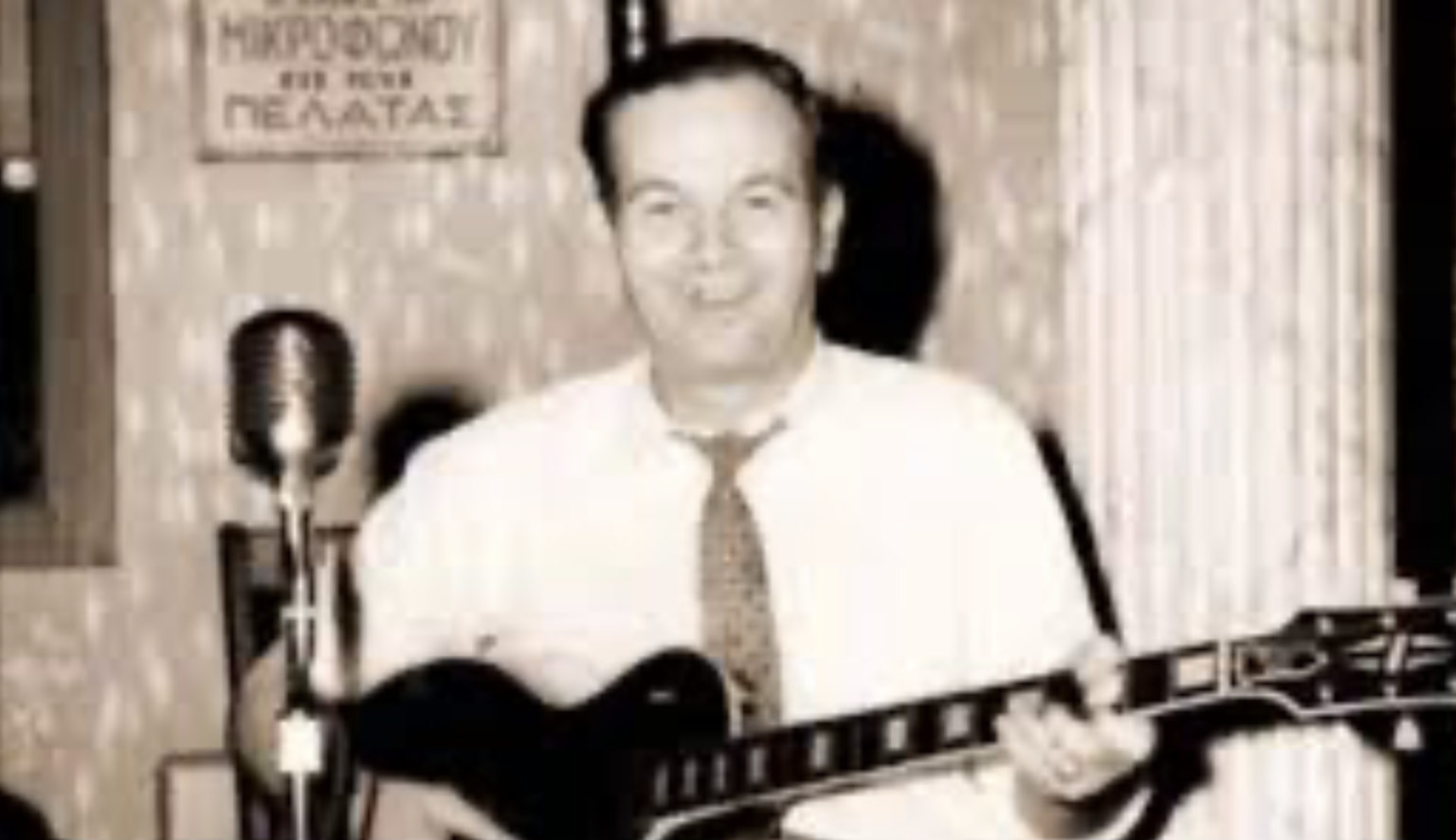
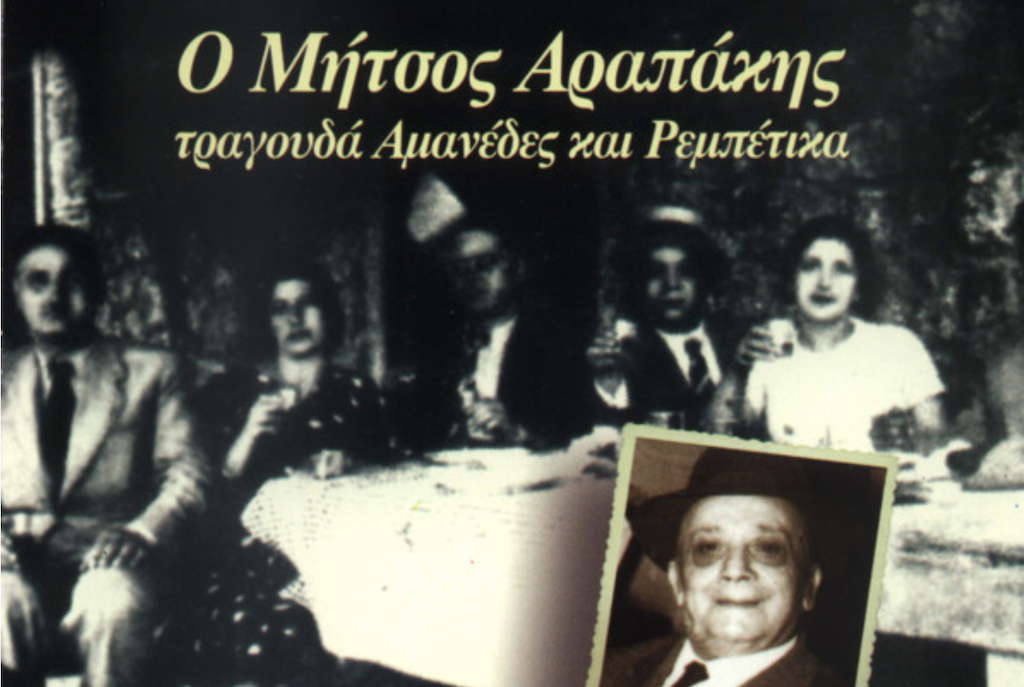
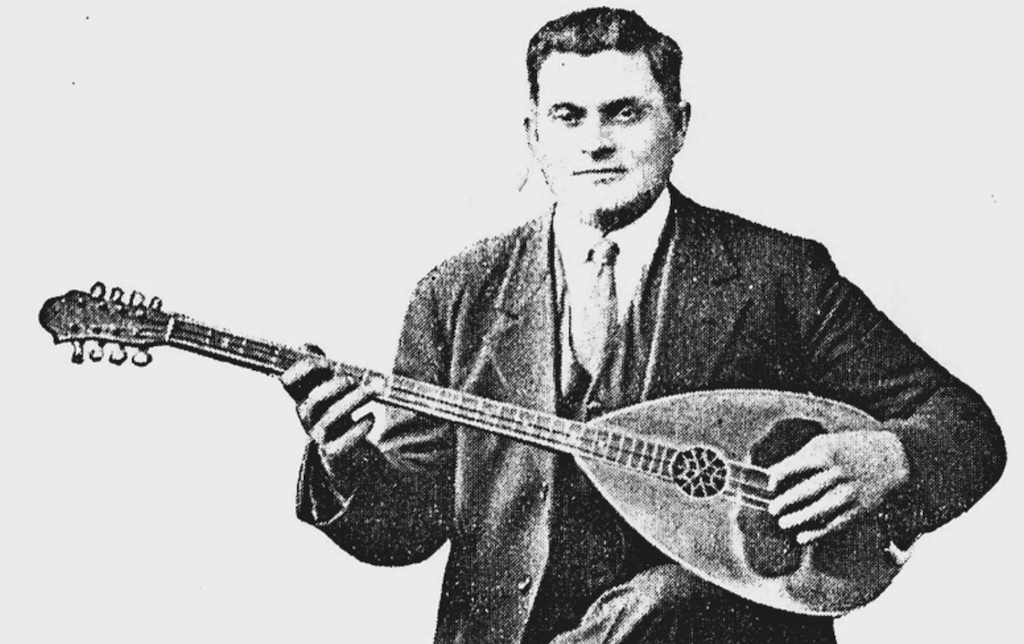
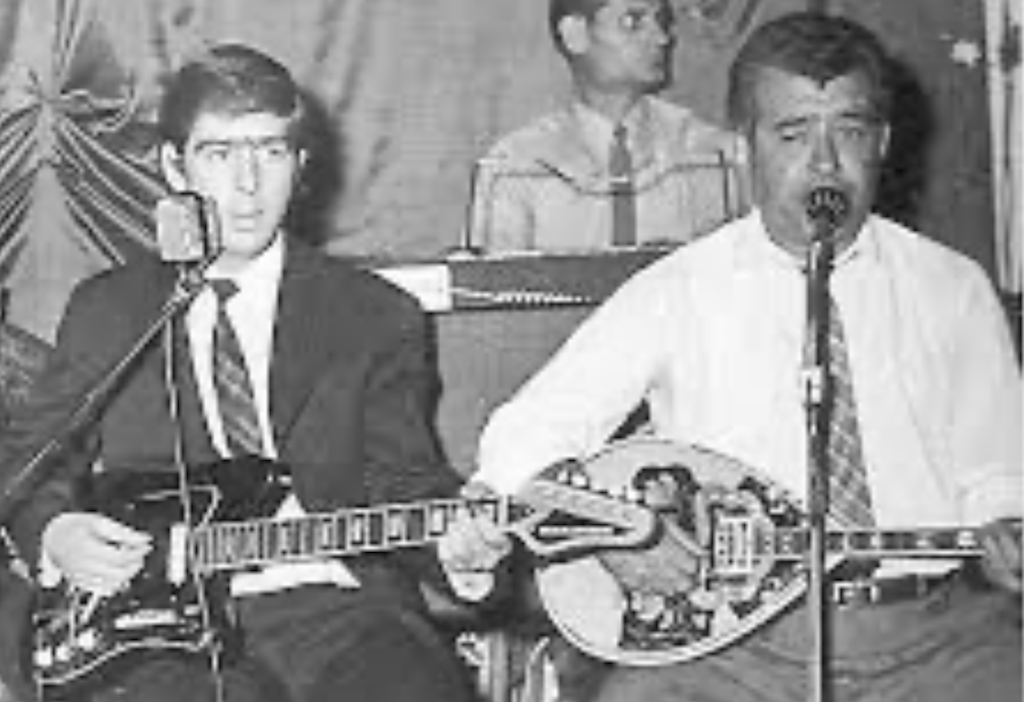
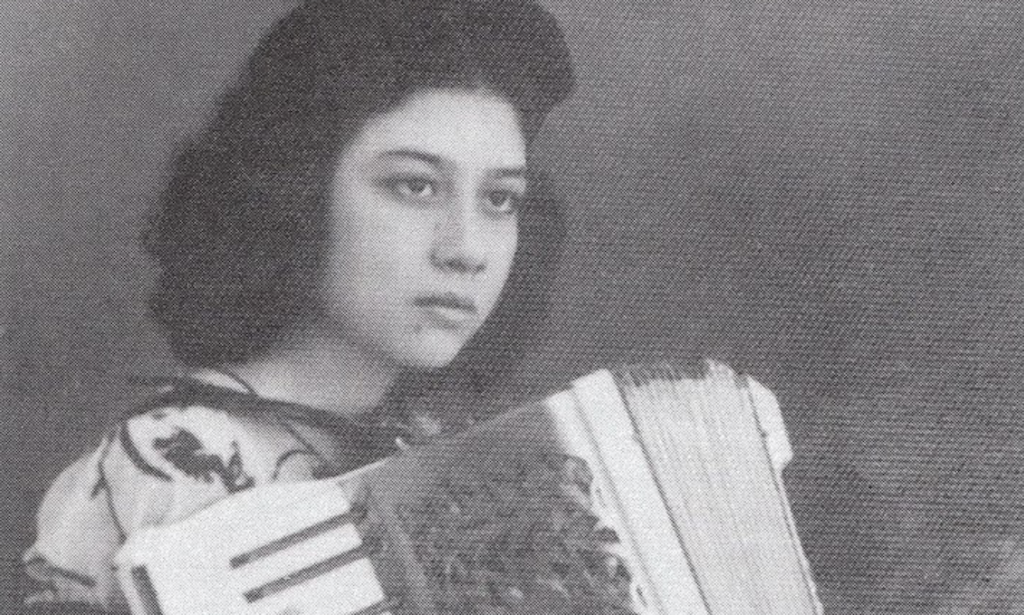
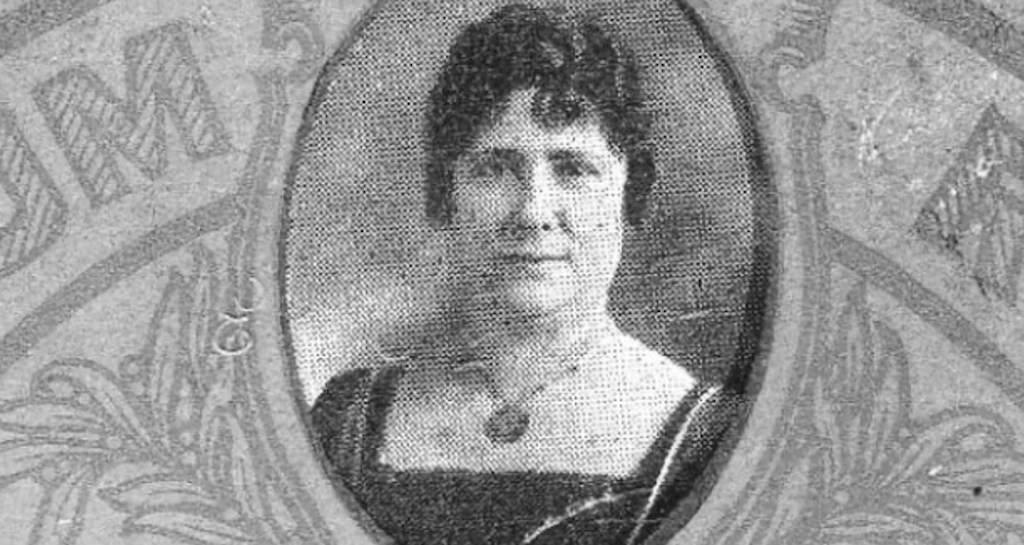

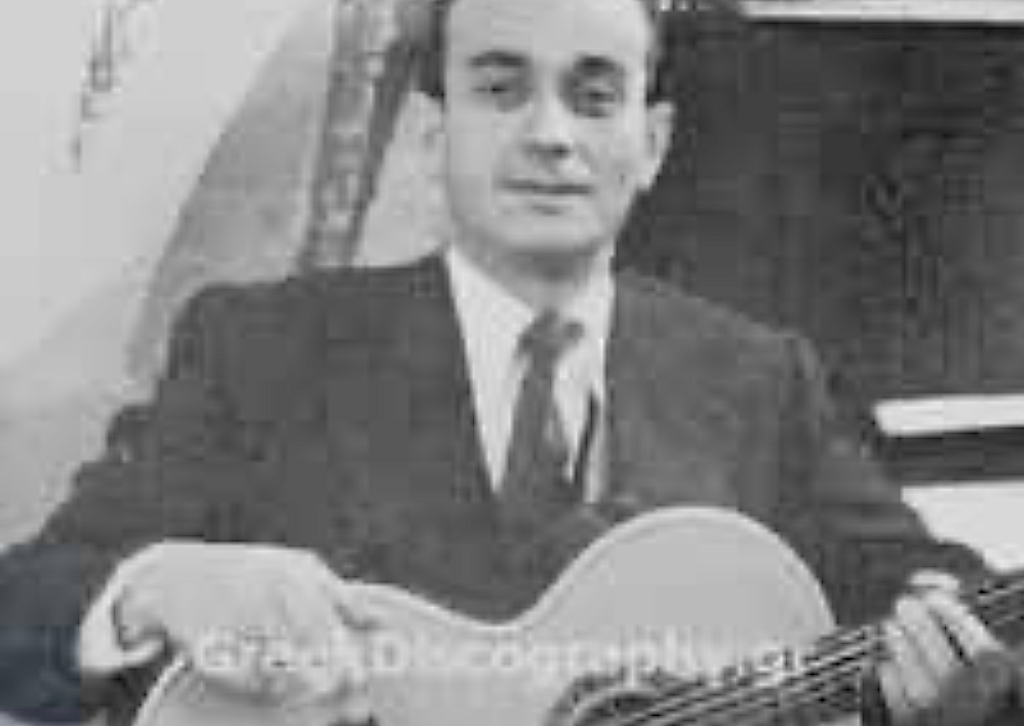
Leave a Reply